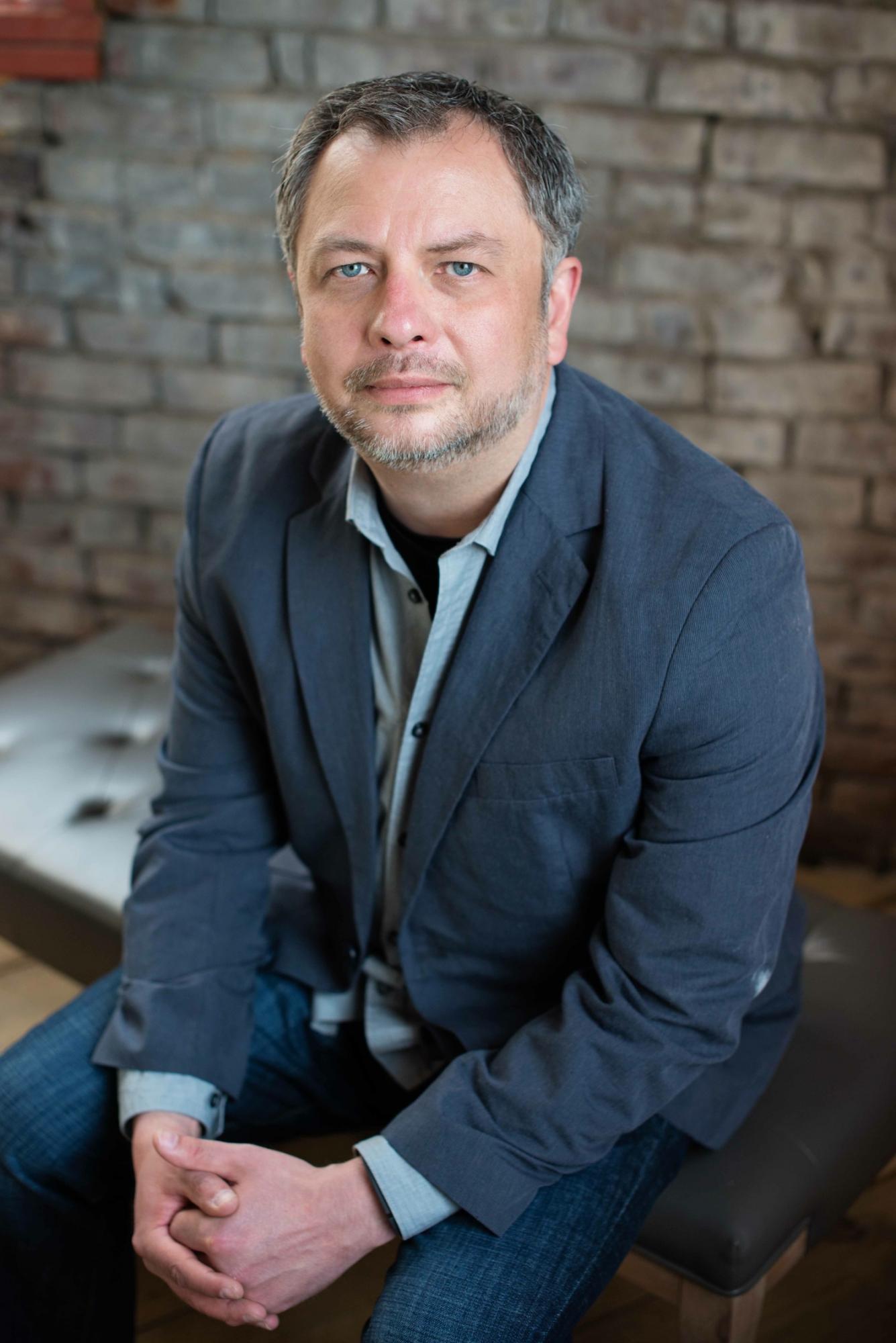Meet Teaching Artist Chris Negron


Chris Negron is the author of Dan Unmasked (HarperCollins July, 2020) as well as the forthcoming The Last Super Chef (HarperCollins, July 2021). Dan Unmasked was an Indies Introduce summer/fall 2020 pick by the American Booksellers Association, a Junior Library Guild Gold Standard selection, and was recently nominated for the middle grade fiction category of the Cybils Awards. He grew up outside Buffalo, New York, and attended Yale University. His short fiction has appeared in numerous literary journals, with one piece longlisted for the Top (Very) Short Fictions of 2016 by Wigleaf. If you spot him in the wild, it's probably in a comic book shop, which also explains a large portion of Dan Unmasked's plot. He now lives in Atlanta with his wife. Visit him at chrisnegron.com.
To view the list of Chris's current classes, visit his artist bio page.
***
When did you start teaching? What path—career or otherwise—brought you here?
Lots of my best moments since Dan Unmasked released have revolved around virtual visits with schools. I have a couple of workshops in particular I created that were meant to engage students in the hidden power of creativity and stories, a theme that's also quite prevalent in my work. I also did some volunteer critique work in the fall and got paired with a few young writers. I've been really touched by the feedback I've received around these efforts from teachers, parents, and the students themselves.
In fact, the experiences have been so powerful for me personally, they led me to seek out ways I could continue this type of work during the summer months when there are no schools to visit, not even virtually! I'm so happy I found the Loft's youth programs and that my session proposals intrigued them.
How would you describe your teaching style?
Among my favorite aspects of writing are the connections you often make in your head between concepts or ideas that seem distant from one another. Superheroes are just superheroes, right? They don't teach us anything about plot . . . . Well, don't be so sure! I enjoy combining activities and discussion with just enough lecture to nudge students in the direction of attaining their own unique understanding of the concepts I'm trying to get across. It's actually not that different from the way I view readers of my work. I want them to bring bits of themselves to the table, so that anything I may have to express is augmented or transformed by their own experiences.
When it comes to imagining and creating classes, where do your ideas come from? What in particular inspires you?
I have these little epiphanies on how to connect writing concepts together, either with each other or with aspects of life outside of writing. When I feel like one of those ideas is both solid and unique enough that I haven't seen it quite described that way before, I rush off to jot it down, either for my own education or as a potential backbone to a new class, workshop, or talk.
What's the ideal environment for your classroom? What atmosphere are you hoping to establish?
As adults, one of the first steps in the writing journey ends up being finding critique partners—other writers that you're on the same wavelength with, who speak the same language as you, who you can trust to give you honest feedback in a constructive, nonthreatening way. It can be surprisingly difficult to find these folks.
I want my sessions to be interactive—not just so the students feel engaged enough to listen and talk with me but, probably more importantly, with each other. I don't know if these classes will be the basis for any lifelong writing friendships between prospective students out there, but then again, I hope it wouldn't be entirely surprising, either. Above all, I want to make sure the environment we foster is one that would never preclude such a thing from happening but instead promote it. A space filled with creativity, inspiration, and partnership.
Regardless of what your class is specifically focusing on, what's the main goal you have for your students?
Oh, this one's easy. I simply want to unlock a little bit of the magic of writing for each of them.
What are goals you have for yourself? These could be teaching goals, writing goals, career goals, community goals, etc.
I just want to keep learning in new directions, which hopefully continues to push me to challenge myself with each new novel I undertake. For me, teaching is actually a big part of learning. It requires you to codify the aspects of a complex endeavor like writing that you might believe you already understand (sometimes, revealing that, in fact, you don't understand them as well as you thought!) and find ways to convey them to students for whom the concept might be entirely new.
What have been some of your own favorite educational experiences?
I was lucky enough to attend Yale University for my undergraduate education. Four years surrounded by bright minds and interesting other humans from all walks of life really inspired me then, and, if I think about it, for many years thereafter. Some years later, when I started writing in earnest, I was able to spend a week back in the dorms of Yale as an adult for the Yale Summer Writing workshop. Because my earlier degree was technical—Computer Science—it was super interesting to feel like I was coming full circle but moving in an entirely new direction at the same time.
To you personally, what is the most important part of the literary arts?
The magic of writing is how it can help readers to feel seen or to see others in new ways, how it transports us to new worlds or faraway places, propels us toward new concepts or thought patterns. Good writing—and good teaching about writing—has the unique power to simultaneously expand the hearts and minds of both teacher and student, both reader and writer. To me, that's the most important aspect of the art—the way it teleports us in mind, body, and spirit.
Is there anything else you'd like to share?
I've gotten quite a few letters directly from kids after I've visited their school or taught a workshop, and my absolute favorites are always the ones who say they went home that night and decided to be writers. Kids are so inspiring to me, and any idea that I might inspire a little spark in them is pure magic as far as I'm concerned.
